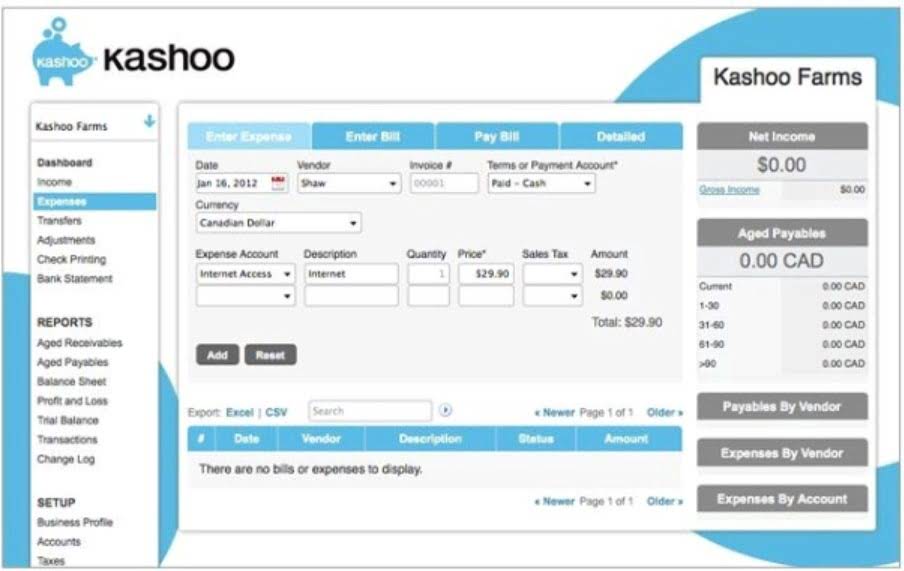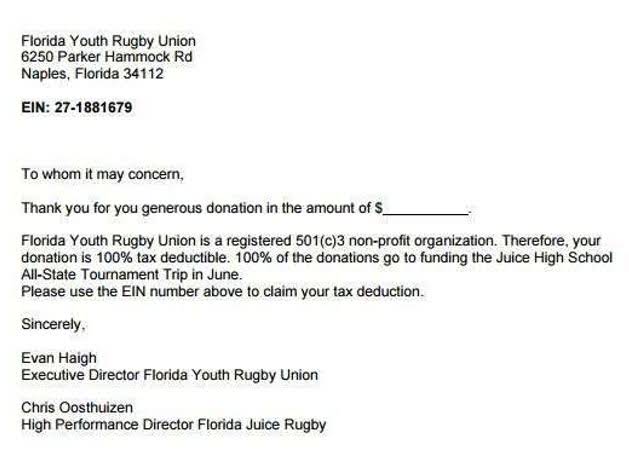
Additionally, their accounting software improved accuracy and transparency in financial reporting, making it easier for Parable to manage church budgets and track spending. The software’s user-friendly interface and mobile accessibility ensured that staff could submit expenses on the go, further increasing efficiency. In the unhappy circumstance where they are – well, church accounting guidelines are your solution. In this article, we’ll dive into the basics of church accounting and explore the many benefits of using church accounting software. From simplifying tithing management to ensuring financial transparency, we’ve got you covered (check out our in-depth analysis and ranking of this year’s best church accounting software tools). It shows accountability to each purpose or mission within the larger organization.

Best for Easy Restricted Fund Management
Fund accounting is a powerful way to bring a sense of accountability and clarity to a church’s finances. There are other considerations that church leaders should keep in mind, too. A for-profit business’s general ledger considers the money you generated, how much of it you spent, and how much is left. Where this matters, as far as accounting is concerned, is the way you track and manage everything. From accounting methods to reporting (both of which we’ll discuss further down in this piece), everything is smoother when you understand where your money is coming from in the first place. Having an accountant on hand — either in the building or a third party — to take care of payroll does two things.
Using multiple sub-accounts in a checkbook… Is Wrong!
- Another difference is businesses create Income Statements each quarter to assess the business’s financial performance.
- This will maintain transparency with the congregation and ensure that you have a clear picture of your church’s financial activity.
- The primary difference between church accounting and for-profit accounting is its focus.
- It won’t do any good to wait weeks to record donations, because you need to know where your church stands at any given time.
- This statement enhances financial transparency, accountability, and informed decision-making, contributing to the organization’s overall financial management and mission fulfillment.
- By keeping proper records and making their financial practices public to the congregation, churches will maintain transparency and trust with their congregation.
- One unique financial statement used in the non-profit world is the Statement of Functional Expenses.
The purpose or mission can be designated, grants, departments, campaigns, unrestricted, and so on. The question to ask yourself is “Do I need to know how much money I have set aside for ________? ” A question such as, “how much money do we have for the Haiti Relief mission” would indicate you need a fund. Avoid creating so many variations of food line items that it becomes hard for staff to pick the correct account.

How to Start a Nonprofit in Michigan: A Guide to Success

Fund accounting should never use liabilities to manage fund balances. A liability is something an organization (or person) owes to someone else. Placing the Youth Fund money in a liability account doesn’t make sense. It’s not a liability, yet it is done every day in churches when they use Quickbooks or another accounting system that does not adhere to fund accounting principles. A well-structured COA allows the church to accurately track and report on how basic accounting for churches funds are being used, which is critical for financial transparency and accountability. It can also aid in ensuring that funds are used in accordance with donor restrictions and in alignment with the church’s mission and goals.
Although nearly all churches are tax-exempt organizations, that doesn’t mean your church can write off tax season! Unlike other nonprofits, most churches don’t have to file an annual tax return via IRS Form 990. However, there are exceptions to this rule, as well as special forms your church may have to complete depending on its income or the state it operates in. Stay up to date on the IRS’s guidelines for church financial reporting to ensure compliance each year. Unlike traditional accounting methods used by for-profit businesses, fund accounting segregates the church’s money into distinct “funds” based on their intended purpose. This ensures transparency, accountability, and compliance with regulatory requirements.
- While your church may not be required to file a 990 with the IRS, properly tracking and reporting your income can help you build trust with your congregants and the rest of your community.
- In this article, we’ll tell you everything you need to know about accounting for churches, starting with why you need to approach your revenue and budget differently.
- Parable’s financial management hit a new level, reducing errors and administrative workload while enhancing financial oversight.
- Your goal is to transparently and prayerfully decide how to spend the money that you are given as an organization.
- Things like establishing accounting processes, getting the right church accounting software, and appointing the right people to oversee financial decisions provide helpful structure.
- We already touched on how accounting naturally makes a church more accountable.
- However, many churches find the UCOA too detailed and are better off using other church-specific templates that they can customize to meet their needs.
Implementing Your Mission Statement
Your congregation cares about how you plan to spend their tithes and offerings. More than that, however, is a budget keeps everyone on the same page. Many churches have a board of directors, elders or deacons, and several pastors on staff. That can add up to a lot of opinions about how money should be spent. An official church budget makes sure there’s no squabbling over money.
ACCOUNTS by Software4NonProfits is one of the top accounting software solutions crafted exclusively for the accounting needs of nonprofits. Embrace effortless financial management with a user-friendly interface, specialized features, and dedicated customer support. These requirements determine how church finances are allocated into specific “funds” within their financial systems. That’s why fund accounting is essential for churches, as it ensures compliance with and respect for these limitations.
grant allocation mistakes and best practices for…
Each revenue stream revolves around voluntary contributions from their https://x.com/BooksTimeInc congregation and supporters. Sometimes, these sources have specific conditions, requiring the funds to be used for certain activities. For example, grant money could be designated for a scholarship program.
Why is it so important to make sure you’re handling your accounting the right way? In other words, you can consider this your go-to source for all things related to church finances. Use it to learn, grow, and gain the capability https://www.bookstime.com/ to make sound financial decisions for your ministry.